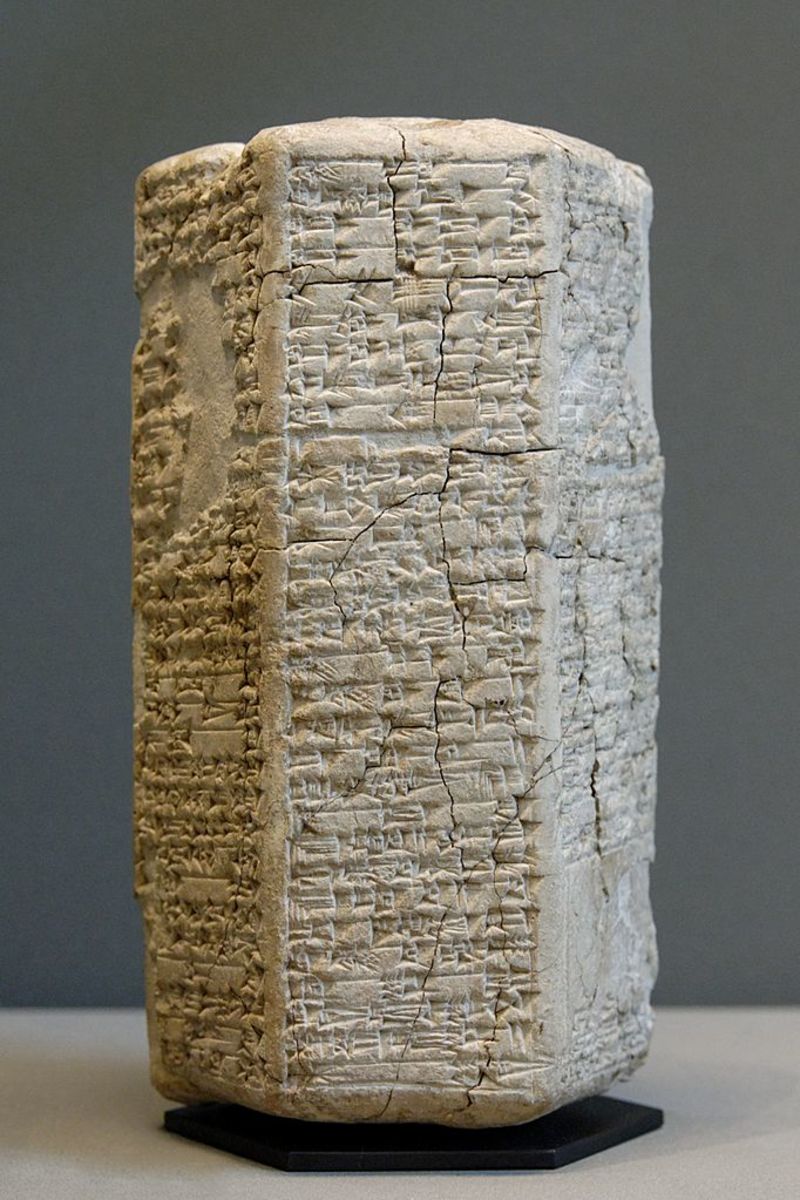Russians Claim They Found Extraterrestrial Life
A few day ago, the Russian news agency TASS said on their website that a Russian cosmonaut named Anton Shkplelerov claimed that he found bacteria on the International Space Station. TASS is considered to be a reliable website, the news agency TASS was the official news agency of the Soviet Union, and TASS provided news stories to newspapers, magazines, radio and TV stations long before the internet was created. If the story is true, then it is certainly one of the most important scientific stories of all time. If the story is false, then it is certainly one of the greatest hoaxes of all time. TASS was not the only website that reported this story, it was also reported on a few other sites. Personally, I think this story is a hoax, because the only statement associated with this story came from the cosmonaut himself, it did not come from the Russian scientific community. The Russian scientific community has some very reputable scientists and researchers, and so far, I haven't read any comments from any of them on this subject. Why is the Russian scientific community avoiding this subject? Perhaps Russian scientists think it's a hoax, I don't know, but personally, I think it's a hoax.
It seems impossible that anyone could find bacteria on the outside of a space station that is orbiting the Earth. The environment in space is cold, probably too cold for any bacteria to survive in, the outer-space environment also lacks air, and the outer-space environment also has a lot of radiation that comes from the sun, this solar radiation would probably kill any bacteria that's out there. The Earth's atmosphere blocks out most of the solar radiation, so the sun doesn't kill all the bacteria on Earth, but in space, bacteria would be directly exposed to harmful solar radiation. I have a theory that may explain how bacteria was found on the outside of the space station. Suppose an astronaut was inside the space station, and he was getting ready to put on his space suit. He may have touched the outside of his space suit with his hands, and at that moment, a small amount of bacteria from his hands may have been deposited on the exterior of his space suit. Then, he puts on his space suit and goes outside. While he is floating in space outside the space station, some of the bacteria that accidentally deposited on the exterior of his space suit comes off, and this bacteria goes floating off into space. Some of the bacteria floats away and it is lost forever, but some of it floats towards the space station, and it sticks to the exterior of the space station. Then, a few months later, the cosmonaut Shkplelerov comes along, and he takes samples from the outside of the station, and he later discovers the bacteria in the samples. He then announces that he has found extraterrestrial bacteria, when it may have actually been human bacteria that came from an astronaut's space suit. I think this is entirely plausible.
Let's suppose, just for the sake of argument, that the bacteria found by Shkplelerov was really extraterrestrial in origin. In that case, it would rank as one of the most important scientific discoveries of all time, because it would prove that life exists somewhere in the universe besides Earth. There would be many scientific questions that would have to be answered. First of all, we would have to ask, does this alien bacteria contain DNA molecules? All the bacteria on Earth contains DNA molecules, every plant, every animal, and every human being on Earth has DNA molecules in their cells, so naturally we would wonder if the alien bacteria has DNA, or whether is has some other kind of molecule that functions in the same way that DNA does. Now, suppose the alien bacteria contains DNA. If it does, we would start to try to decode the alien DNA, and we would an alien DNA decoding project, to decode the complete genome of the alien DNA. Don't forget that capitalists are motivated by the potential to make money, so we would have to ask, how much money is the alien DNA worth? If the alien DNA has information that could give us insights for developing a cure for cancer or other diseases, then the alien DNA would be worth a tremendous amount of money. It would be worth all the money on Earth, it would truly be worth all the money in the world! Imagine how capitalists would react, to this. They would probably sequence the alien DNA and then they would study it, to see if any part of that DNA could give us insights into possible cures for cancer, influenza, or other diseases. The capitalist drug companies would probably waste no time in inserting alien genes into Earth-based organisms, to see what types of drugs they could create, and sell. It would only be a matter of time before alien-based drugs were being sold in all the drugstores, all around the world. But, then, on the other hand, there's always the potential for abuse of the new discovery.
The alien DNA could be engineered into a biological weapon, that could be use used in biological warfare. Maybe the Russians are already working on producing a biological weapon based on the alien bacteria. There's also the question of who owns the alien bacteria. The Russians may claim that they own it, because it was a Russian cosmonaut that found it. That may be true, but it was not only the Russians who built the International Space Station, it was also built by Americans, and by workers from several other countries. Since several countries collaborated to build the space station, they should all be entitled to have a piece of the whatever it is that the Russian cosmonaut discovered, the Russians should not simply keep it so themselves, they should share it with other countries. The only way lay this rumor to rest is to have astronauts go out there, and see if they can find any more of it.








